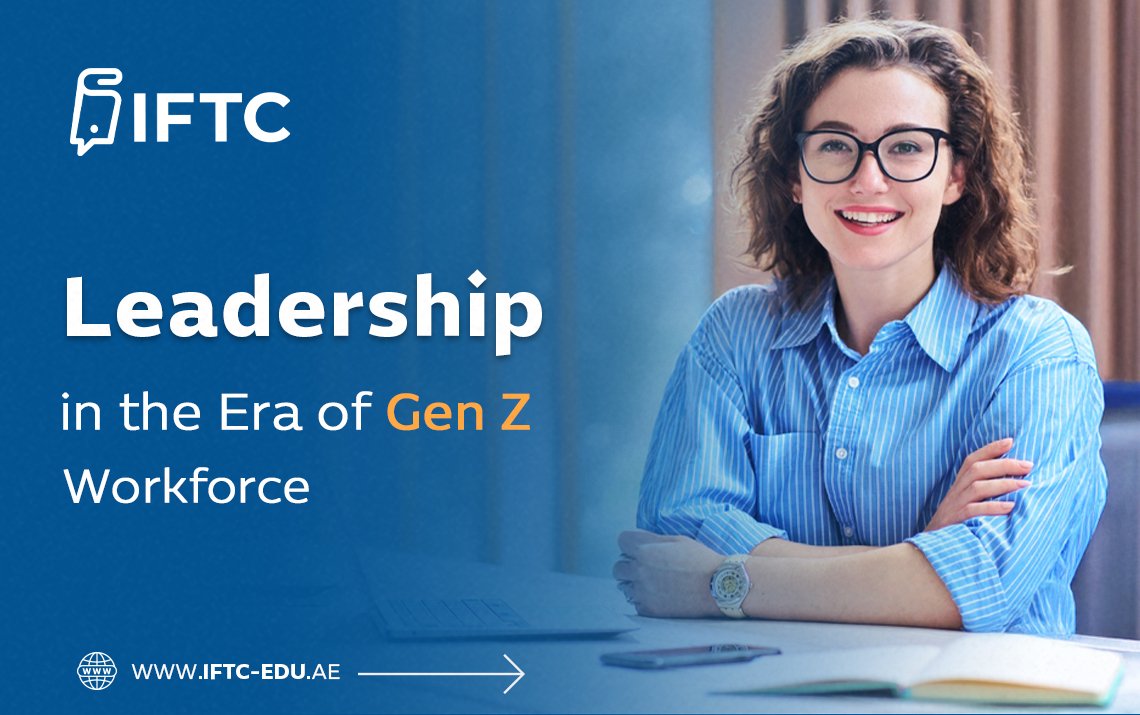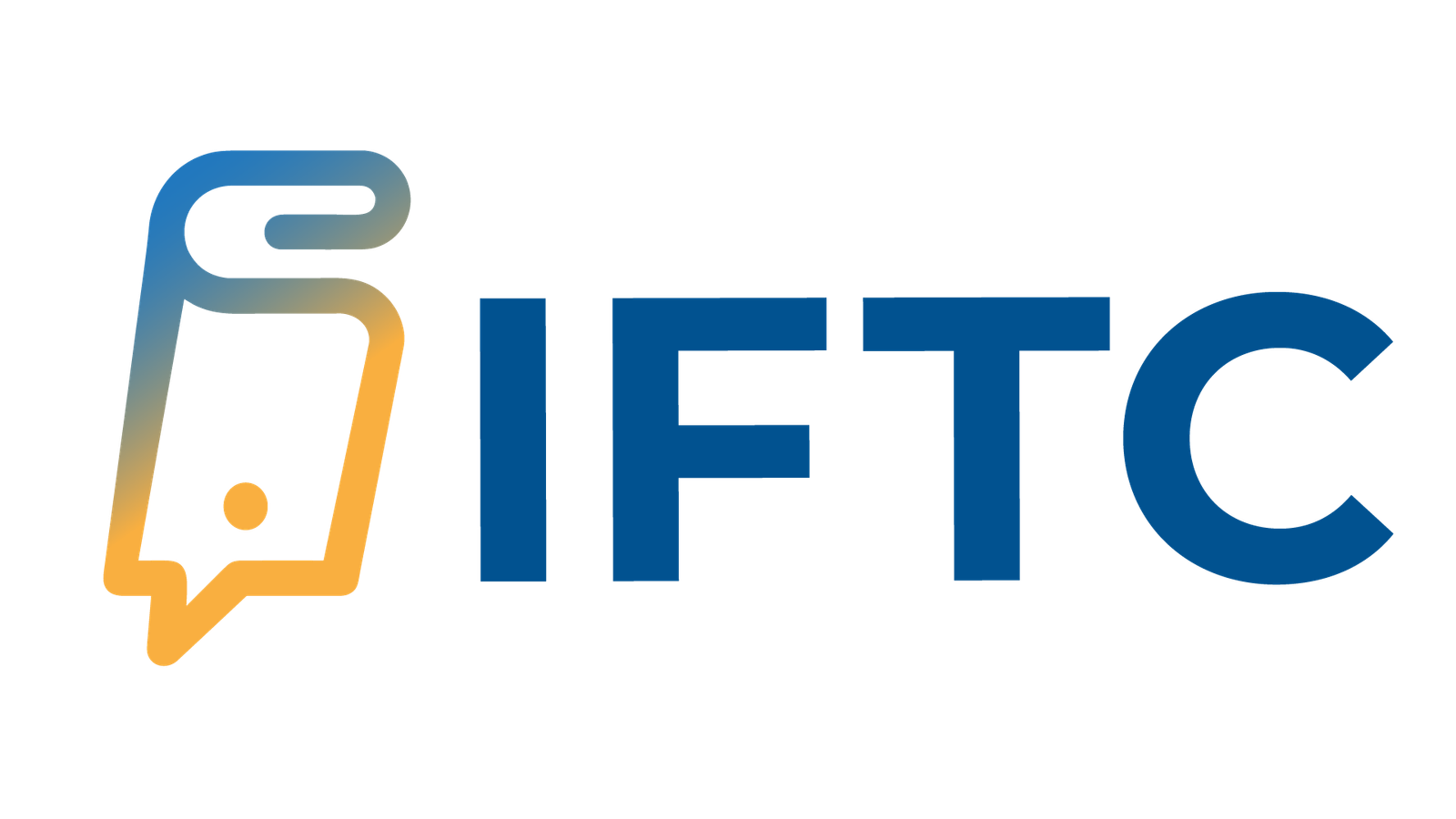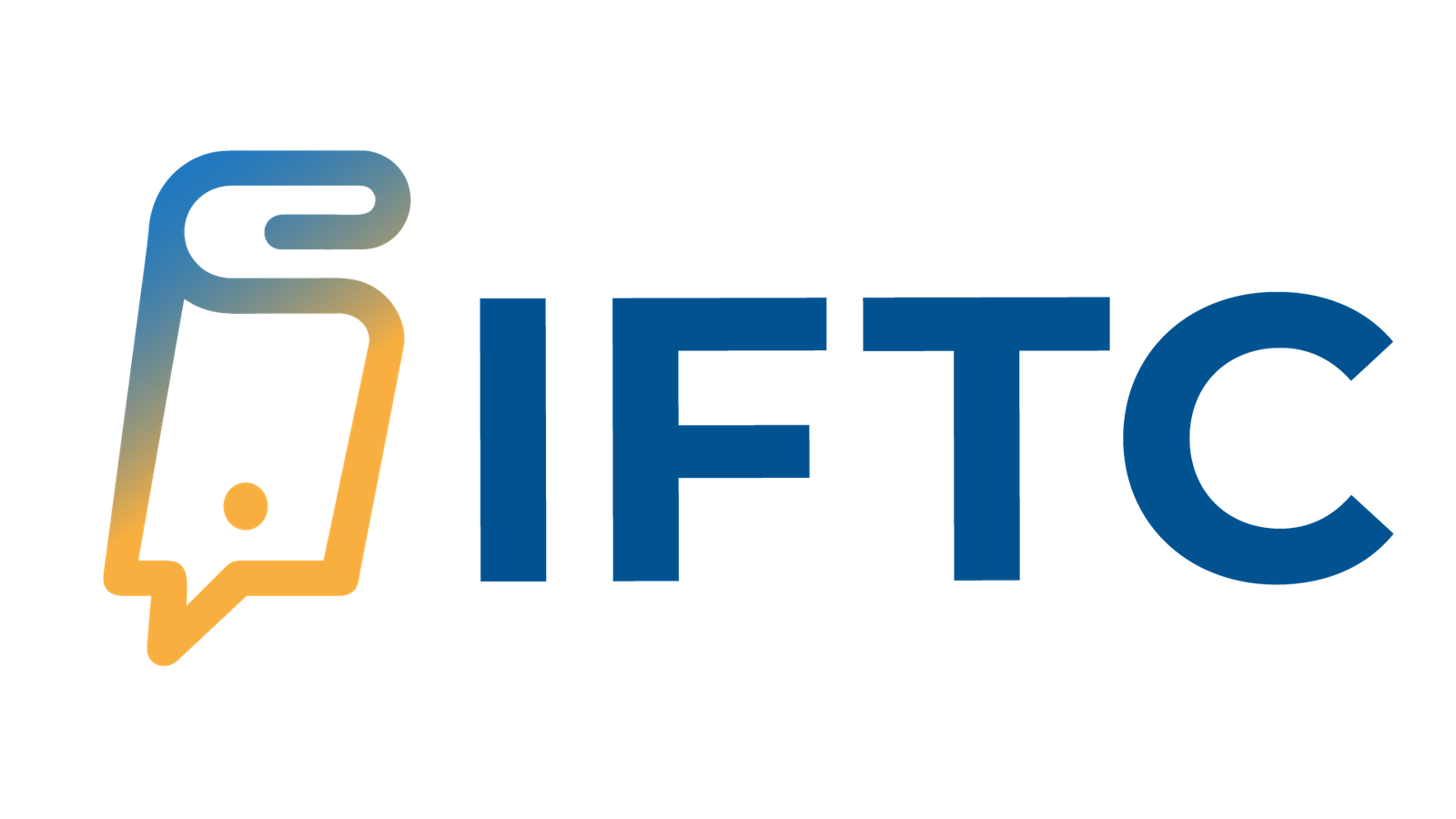
Leadership in the Era of Gen Z Workforce
gen
Introduction: A New Generation Arrives
The global workforce is experiencing a demographic shift as Generation Z (born 1997–2012) enters the job market in large numbers. By 2030, Gen Z will make up more than one-third of the global workforce. Unlike previous generations, Gen Z brings distinct values, behaviors, and expectations shaped by digital nativity, economic uncertainty, social awareness, and climate anxiety.
For leaders, this generational change poses both challenges and opportunities. The leadership styles that worked with Baby Boomers or Millennials may no longer resonate. To attract, retain, and empower Gen Z employees, organizations must embrace authenticity, inclusivity, flexibility, and purpose-driven leadership.
Understanding Gen Z: Who Are They?
- Digital Natives
Gen Z grew up with smartphones, social media, and instant access to information. They expect seamless digital experiences at work. - Purpose-Oriented
They value work that contributes to a greater cause—environmental sustainability, social justice, or community impact. - Diversity and Inclusion Advocates
Gen Z is the most ethnically diverse generation and demands workplaces that embrace equity. - Pragmatic and Risk-Aware
Having lived through economic crises and a pandemic, Gen Z is financially cautious but entrepreneurial. - Mental Health Conscious
They prioritize well-being and expect employers to support work-life balance and psychological safety.
The Shifting Nature of Leadership
Traditional leadership models—hierarchical, authoritative, profit-maximization driven—are increasingly outdated. Gen Z requires leaders who are:
- Authentic: Transparent, honest, and aligned with stated values.
- Empathetic: Attuned to individual needs, mental health, and personal growth.
- Collaborative: Encouraging co-creation and flattening hierarchies.
- Tech-Savvy: Able to integrate digital tools into strategy and daily work.
- Purpose-Driven: Positioning the organization as a force for good.
Strategies for Leading Gen Z
- Create Purpose-Driven Organizations
Gen Z wants to know why their work matters. Leaders must articulate how their company contributes to society.
- Example: Patagonia embeds environmental activism into its brand, resonating strongly with younger employees.
- Offer Flexibility and Hybrid Work
Remote and hybrid models are baseline expectations, not perks. Leaders must design systems that balance flexibility with accountability.
- Example: Spotify’s “Work from Anywhere” model aligns with Gen Z’s lifestyle expectations.
- Prioritize Mental Health and Well-Being
Provide access to counseling, promote reasonable workloads, and normalize conversations about mental health.
- Example: Deloitte implemented global well-being programs addressing burnout.
- Build Inclusive Cultures
Diversity, equity, and inclusion (DEI) are non-negotiable. Leaders must ensure diverse representation in leadership and decision-making.
- Invest in Continuous Learning
Gen Z knows technology evolves fast. They seek employers who offer training, mentorship, and career growth.
Leadership Styles That Resonate with Gen Z
- Transformational Leadership
Inspiring employees through vision and purpose. - Servant Leadership
Prioritizing the growth and well-being of employees over personal authority. - Adaptive Leadership
Adjusting styles based on context, technology, and team needs. - Participative Leadership
Encouraging collaboration and valuing employee input.
Challenges Leaders Face
- Balancing Multi-Generational Teams
Gen Z works alongside Millennials, Gen X, and Boomers. Leaders must bridge differences in expectations and communication styles. - High Turnover Risk
Gen Z is less loyal to employers and more willing to switch jobs for alignment with values. - Digital Overload
Gen Z’s constant connectivity can lead to burnout. Leaders must manage tech boundaries. - Demand for Rapid Advancement
This generation expects quick career progression, requiring creative career pathing.
Case Studies
- Unilever: Developed sustainability-focused graduate programs tailored to Gen Z’s values.
- Accenture: Built inclusive, hybrid workplaces to attract diverse Gen Z talent globally.
- Emirates NBD (UAE): Invests in youth leadership programs to prepare young employees for digital roles.
Framework for Leaders
- Listen First: Use surveys, focus groups, and open forums to understand Gen Z needs.
- Align Culture with Values: Ensure leadership actions match stated missions.
- Invest in Digital Infrastructure: Provide tools that enable seamless collaboration.
- Mentor and Coach: Replace traditional performance reviews with continuous coaching.
- Measure Impact Holistically: Beyond profit—track employee well-being, retention, and community impact.
Future Outlook: Gen Z and the Workforce of 2035
By 2035, Gen Z will dominate management ranks. Workplaces will likely be:
- Highly Flexible: Hybrid and remote-first models mainstream.
- Tech-Integrated: AI tools embedded in daily decision-making.
- Purpose-Centered: Social and environmental goals as core business strategies.
- Intergenerationally Fluent: Leaders skilled at balancing diverse age groups.
Conclusion
Leadership in the era of Gen Z is about authenticity, empathy, inclusivity, and adaptability. Organizations that understand and embrace these values will attract top talent, foster innovation, and thrive in a future where the line between work, purpose, and life is increasingly blurred.
The leaders who succeed will be those who see Gen Z not as a challenge but as a catalyst for transformation, guiding their organizations toward relevance and resilience in the decades ahead.



